We may earn money or products from the companies mentioned in this post. This means if you click on the link and purchase the item, I will receive a small commission at no extra cost to you ... you're just helping re-supply our family's travel fund.
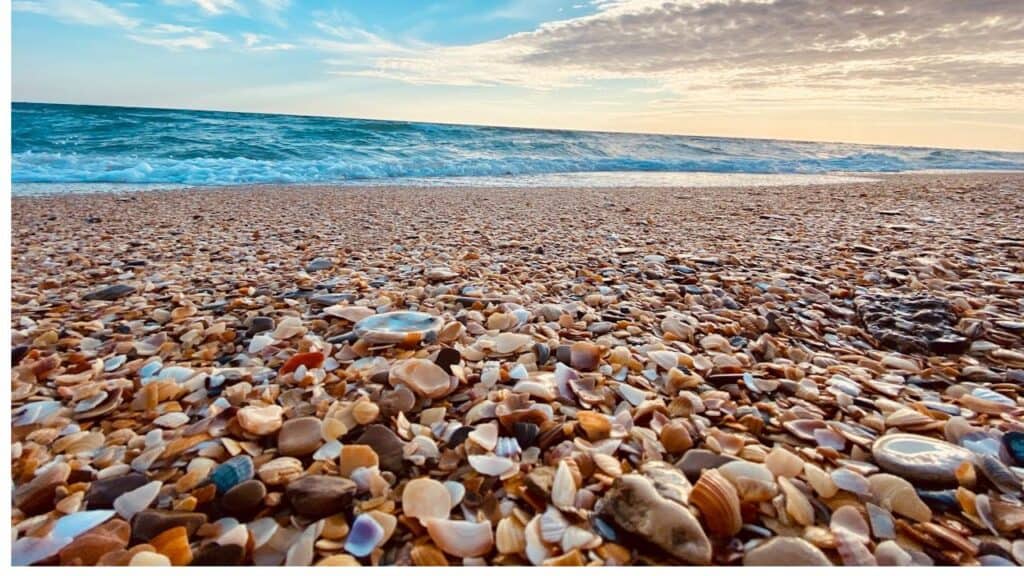
Souvenirs can make a trip last forever, but some are not worth the risk. Countries protect their ecosystems, heritage, and economies by banning items that seem harmless in a market stall but trigger fines at customs. Sand, food, artifacts, and even drones fall into this category. Knowing what to leave behind helps you avoid losing money or facing penalties. Here’s what travelers most often get wrong, and how to stay on the safe side.
Sand, Pebbles, and Shells
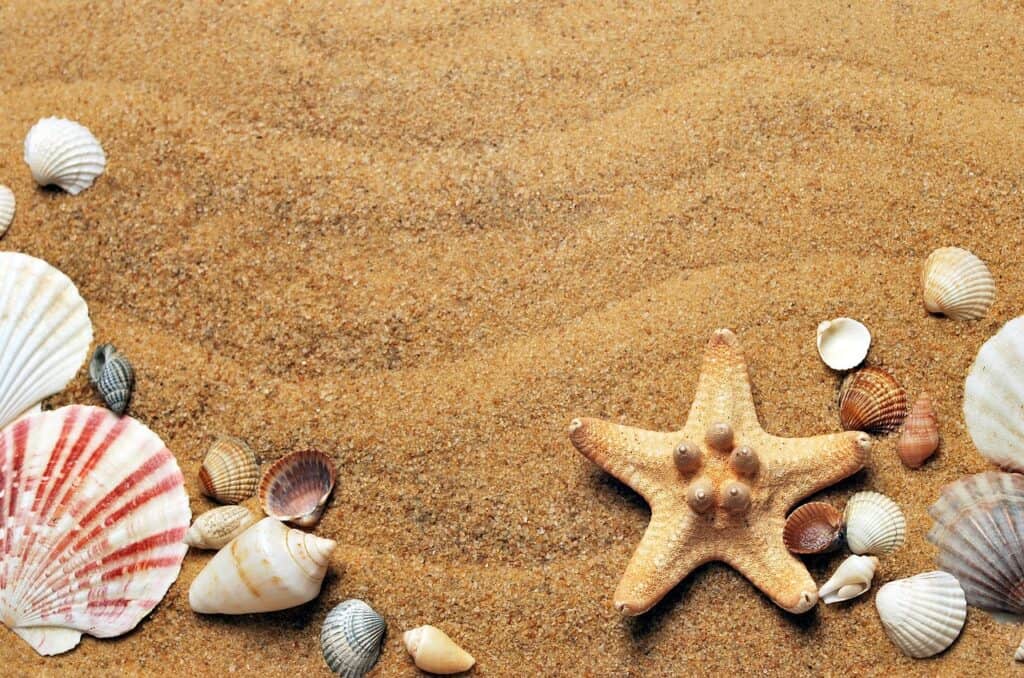
Taking a jar of sand or a pocketful of stones might feel innocent, but it’s a crime in places like Sardinia, where fines can reach thousands of dollars. Greece and parts of France restrict collecting shells and pebbles too. These rules exist to preserve fragile coastlines and marine life. If you want to keep a memory of the beach, stick to photos or buy certified souvenirs from local shops that don’t harm the environment.
Ancient Artifacts and Pottery
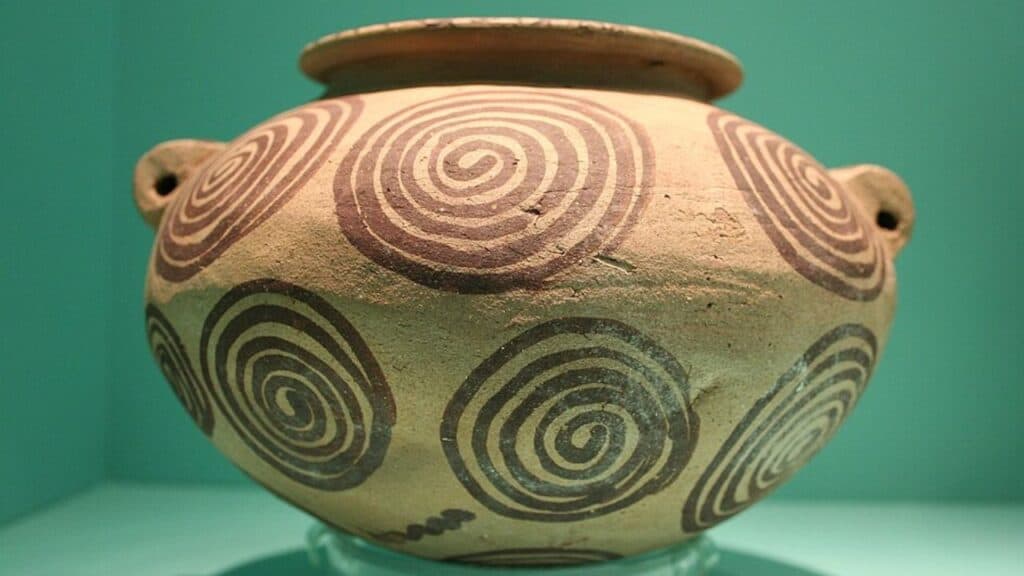
Markets across Turkey, Egypt, and Peru often display coins, pottery shards, or statues that look authentic. Taking them out of the country without permits can lead to arrest or heavy fines. These items are considered national heritage, not souvenirs. Even if a seller insists it’s legal, assume otherwise unless you have paperwork from a licensed dealer. If it looks like it could belong in a museum, it probably does, so leave it where it belongs.
Buddha Images and Sacred Icons

Thailand bans the export of Buddha images and sacred artifacts without official permits. That small statue you bought in a street market could be confiscated at customs if you don’t have the right documentation. These rules reflect cultural respect, not just legal control. If you want to take home a spiritual keepsake, choose licensed reproductions or printed artwork from approved shops. Anything else risks fines and disrespect to local traditions.
Coral, Tortoiseshell, and Ivory
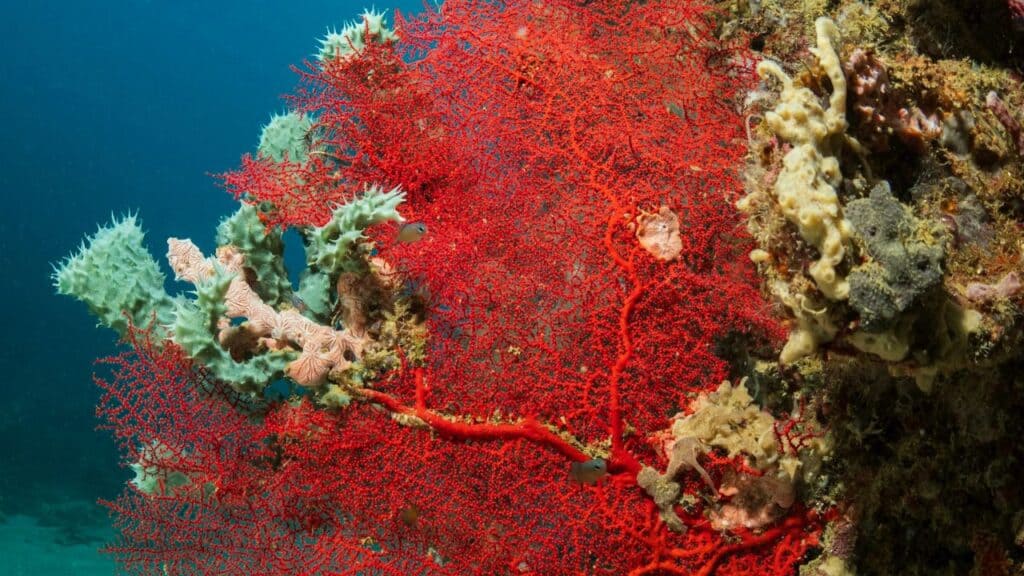
Jewelry made of red coral, tortoiseshell combs, or ivory carvings are common in markets but strictly illegal to import into many countries. They fall under CITES protections, which guard endangered species worldwide. U.S. and EU customs officers seize these items regularly, and fines can be steep. Even if a vendor claims the piece is “antique” or “farm-raised,” assume it’s banned unless proven otherwise. Safer options include glass, ceramic, or wood designs.
Meat, Fruit, and Seeds to the U.S.
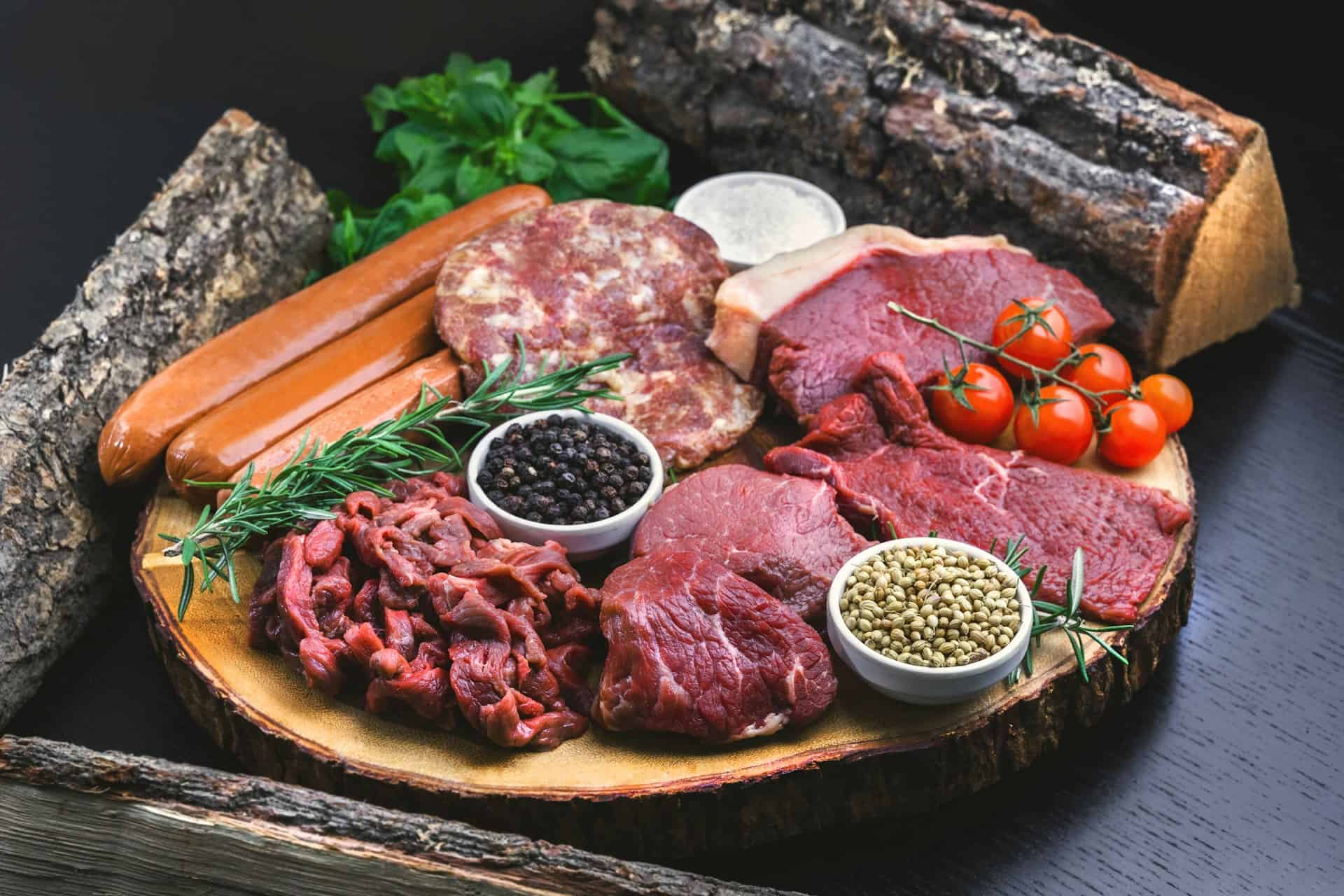
Bringing home fresh fruit or cured meat for family can end in fines at U.S. borders. APHIS bans many agricultural items to prevent pests and diseases from entering farms. Seeds without permits or proper labeling often get confiscated too. Always declare food and plants, even snacks. Commercially packaged goods that are shelf-stable, like sealed candy or canned sauces, usually pass without issue. Honesty on the customs form avoids penalties.
Meat and Dairy to the EU and UK
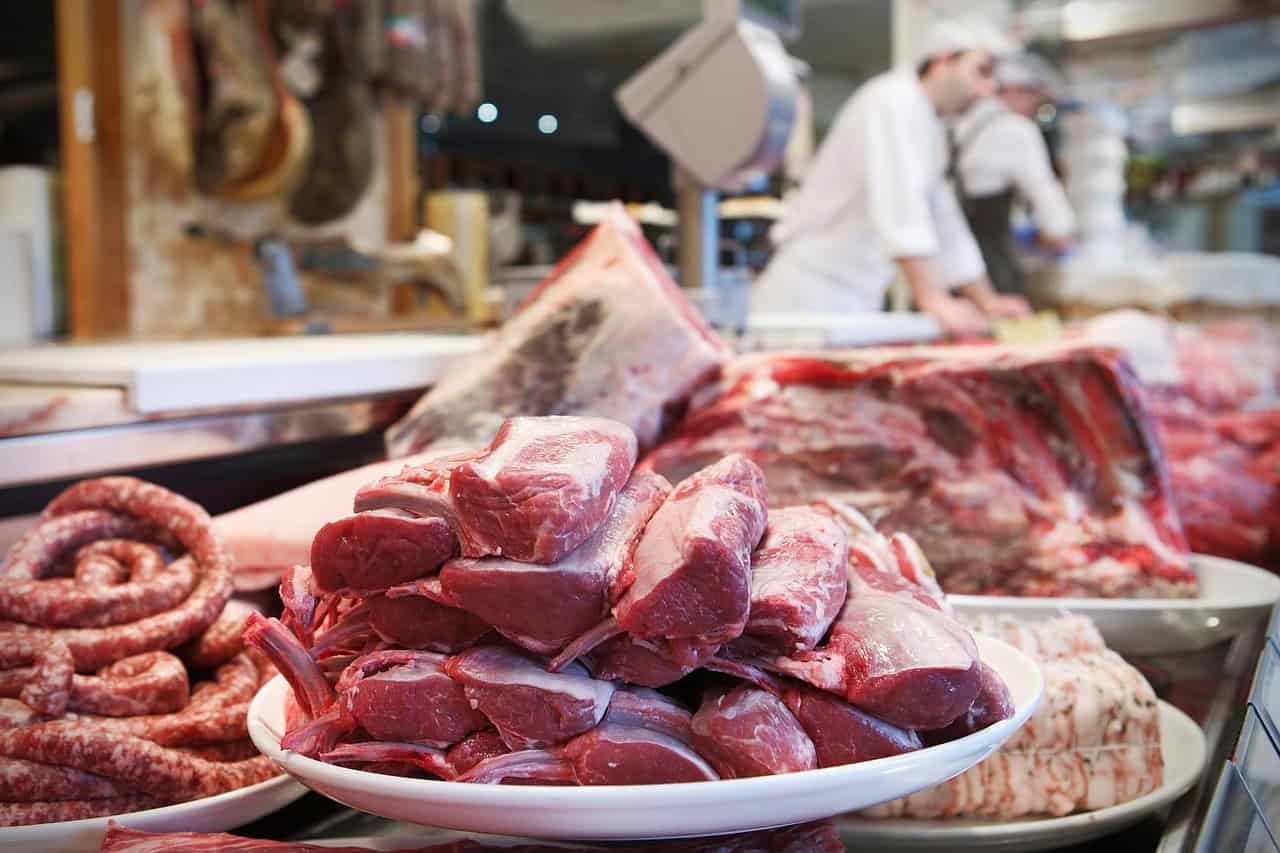
Crossing into the EU or UK from outside Europe with meat or dairy products is mostly forbidden. Customs officers regularly seize sausages, cheese, or even sandwiches packed for the plane. The rules protect against animal diseases and apply whether the item is store-bought or homemade. If you crave local food, buy it after arrival or look for approved products inside the EU. Don’t risk losing it at the checkpoint.
Plants and Soil to New Zealand
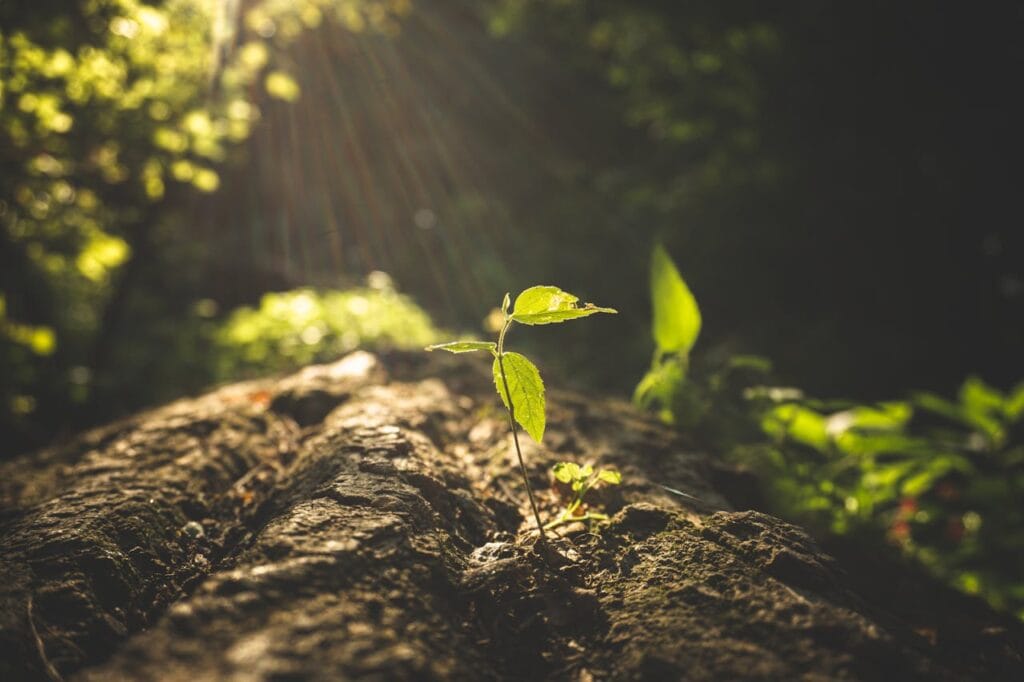
New Zealand guards its agriculture fiercely. A speck of soil on hiking boots or a single undeclared apple can trigger inspection and heavy fines. Seeds, fresh produce, and untreated wood items fall under strict bans. The best move is to clean all gear before departure and declare everything you’re carrying. Visitors who are upfront about questionable items often get waved through. Those who try to hide things usually pay the price.
Plants and Food to Australia
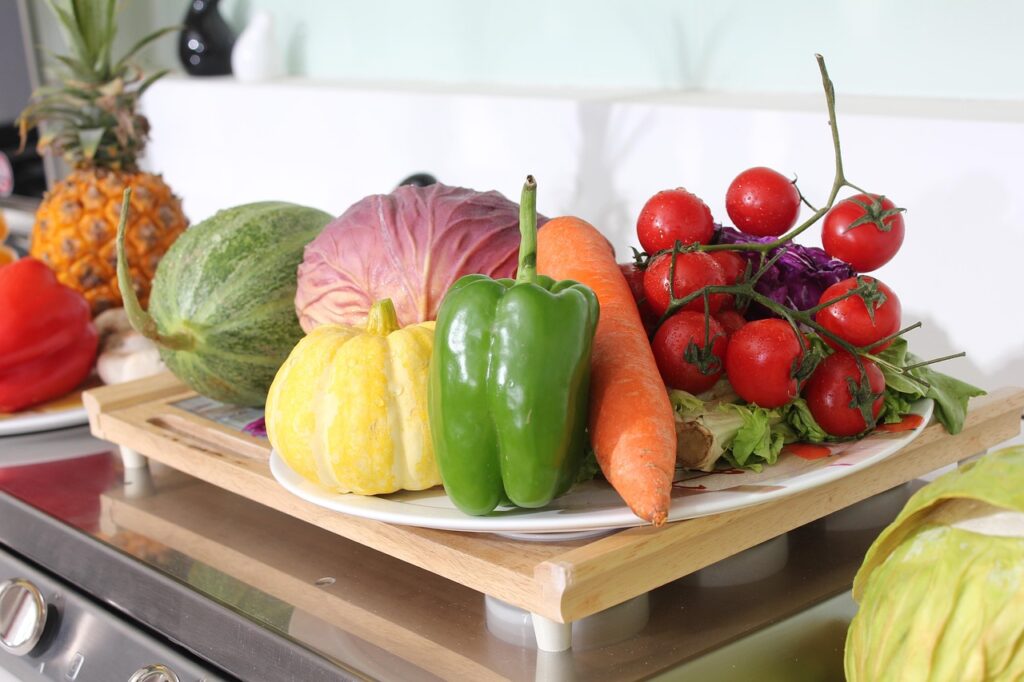
Australia enforces similar biosecurity laws, banning many foods, plants, and animal products without permits. Homemade snacks, fresh fruit, and natural souvenirs often don’t make it past inspection. Even safe items must be declared. Fines for undeclared food can exceed the cost of your ticket. If you want to take something back, stick with sealed, clearly labeled goods, or better yet, leave food behind and take home cultural items instead.
Drones Where They’re Banned
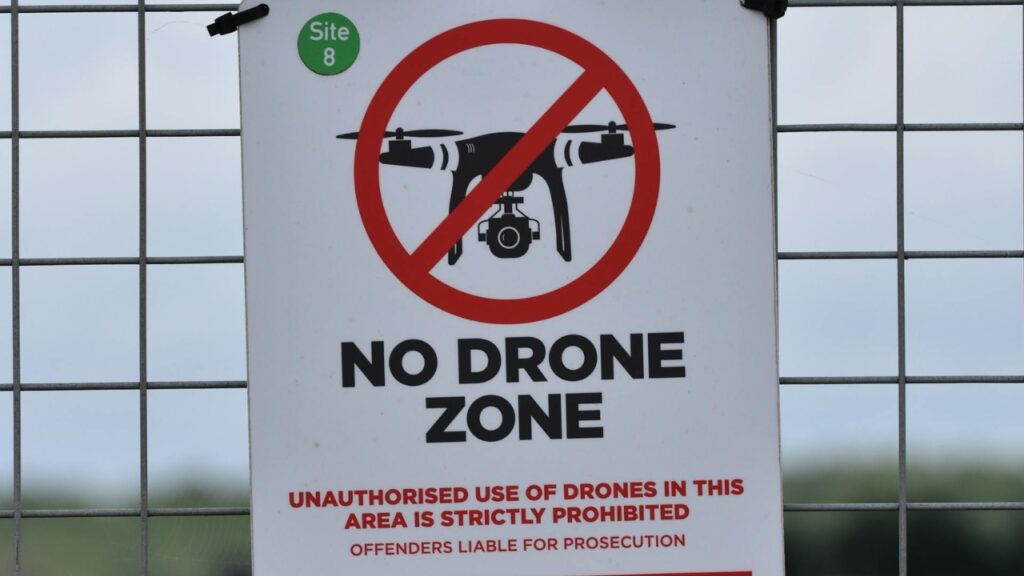
Countries like Morocco and Cuba heavily restrict or outright ban drones. Arriving with one in your luggage often means it will be confiscated on the spot. Even if you get it in, using it without permits can result in fines or worse. If aerial photography is a priority, rent from licensed local operators who already have clearance. Otherwise, leave your drone at home and capture the views with a camera you can keep.
Undeclared Cash Over Limits

Carrying large amounts of cash isn’t illegal, but failing to declare it is. In the U.S., any amount over $10,000 must be reported. In the EU, the threshold is €10,000. Splitting money among family members does not get around the rule. Customs may seize the cash if you don’t declare it properly. Wire transfers and travel cards are easier, safer, and avoid suspicion. Always fill out the form if you’re carrying large sums.
Cuban Cigars to the U.S.
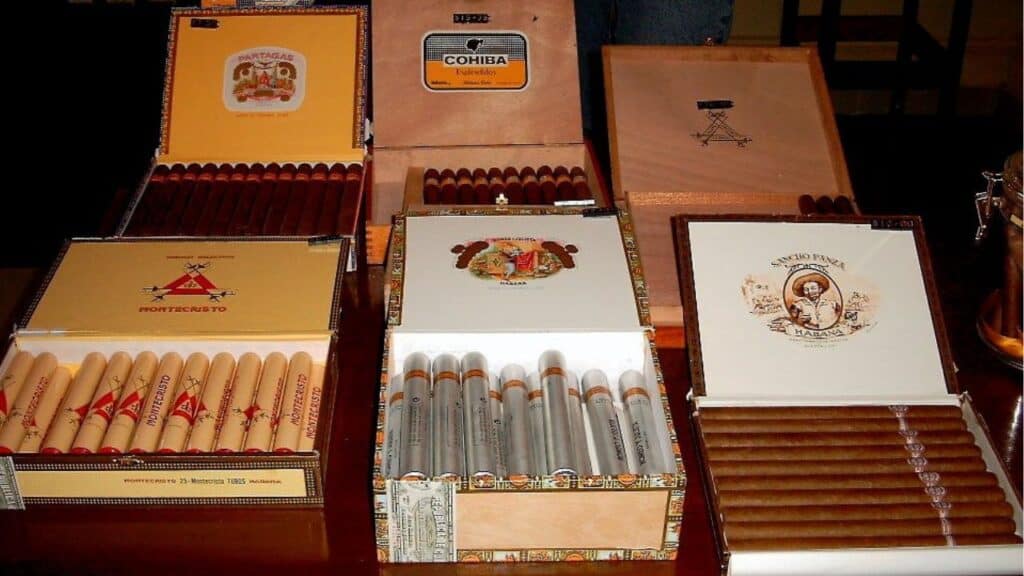
Cuban cigars remain banned for import into the United States, no matter how legally you traveled to Cuba. Customs officers seize them regularly, and you could face fines for trying. Enjoy them while you’re there, or bring back other Cuban-made souvenirs like art or coffee that comply with regulations. Check current OFAC guidance before traveling, since rules change often, but don’t assume cigars are allowed.
Protected Art from Japan and Korea
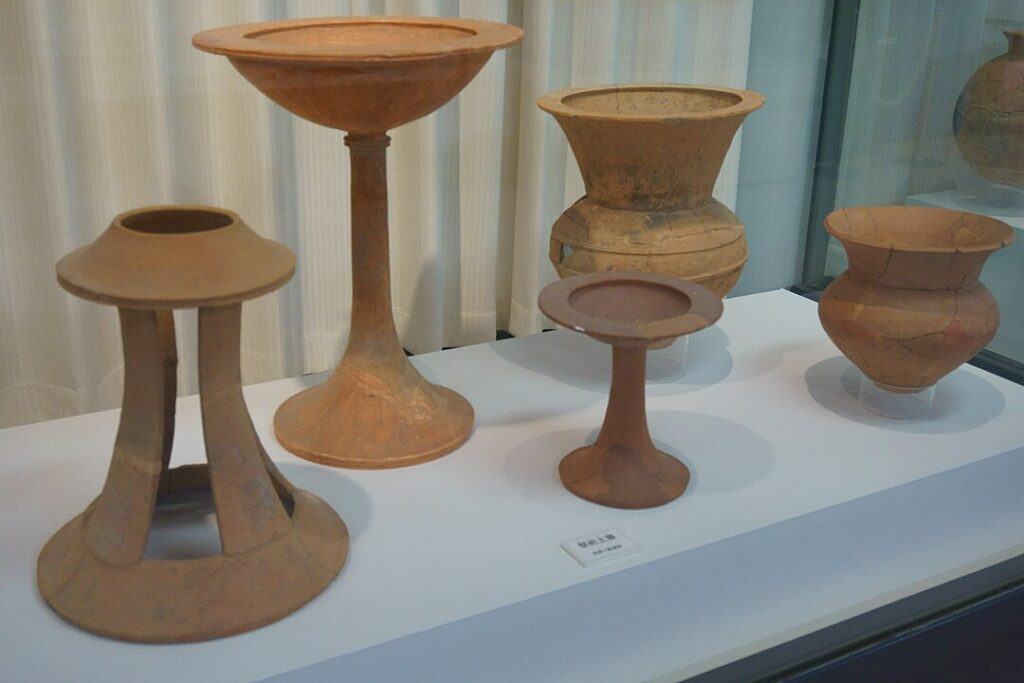
Japan and Korea protect cultural treasures under strict heritage laws. Exporting antique swords, temple relics, or scrolls without permits is illegal. Some items are outright forbidden from leaving. Dealers who sell authentic antiques should provide paperwork, but many won’t. If you can’t prove an item’s origin, don’t buy it. Safer choices include contemporary crafts, prints, or textiles made by local artisans that celebrate culture without breaking laws.